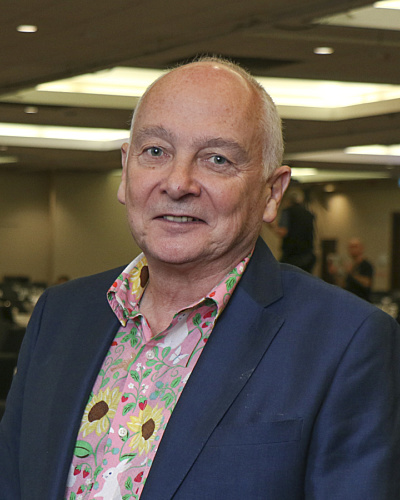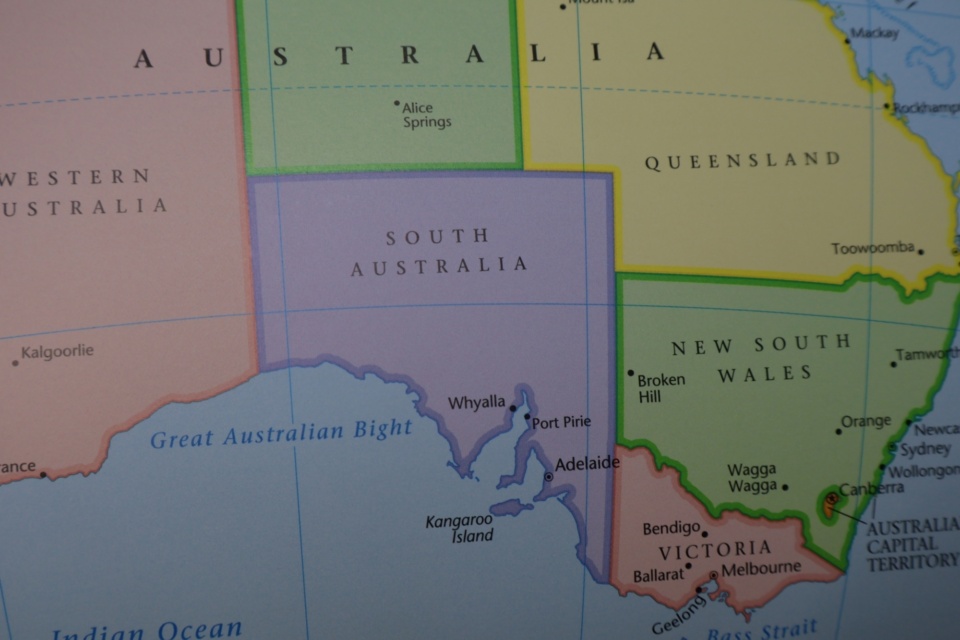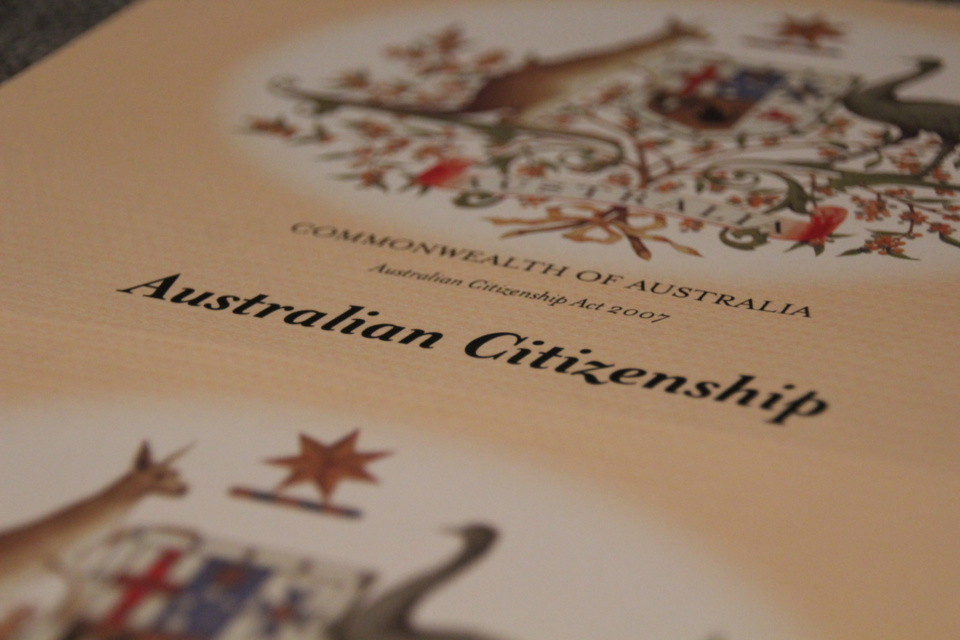
One Nation’s chances as a dominant conservative party are piñata-like
Posted on 11 Feb 2026
Opinions polls insist Pauline Hanson's fortunes are on the rise, but it is likely that enthusiasm…
Posted on 18 Dec 2023
By Denis Moriarty

About this time of the year people start circulating estimates of what proportion of Christmas gifts are wasted, in the sense of not being what the recipient wanted, which I always think is missing the point, the answer being pretty well all, almost by definition (for adults, at least).
A Christmas gift, after all, under the most favourable circumstances, is
That doesn’t leave much. When the person tearing away the Santa wrapping paper says “Oh, you shouldn’t have!”, the odds are that they’re entirely sincere.
For an economist, the ideal exchange would be people exchanging money, or just having the one who gave most give the difference between the two sums.
For a sociologist, though, the gift exchange business is more functional. It’s a bonding ceremony, a declaration that there are links of dependence in this relationship. It’s a wizened remnant of what was once an essential element in social life. When a hunter-gatherer had run down an okapi he didn’t guzzle all the meat himself, he handed out carefully calculated organs to the rest of the group to spread the luck around.
Refugees in a war zone are a lot less picky than your nearest and dearest, and a bit of warm inner glow never hurt anyone.

In a medieval village any peasant family who’d had a good year would have a big feast (around Christmas, probably, before the stored turnips withered) because there would be bad years when they’d be botting fragments of soupbone off their more fortunate friends and they needed some goodwill out there. Generosity came with expectations, or at least hopes. Gift-giving was insurance, a way of creating moral debts that you could draw on in a non-monetary economy.
These days apprenticeships in peasantry and hunting aren’t particularly hot tickets, and the web of relationships that surrounds us all has spread out to be vastly wider but less personalised. Our main channel of giving is taxes. The NDIS is the National Disability Insurance Scheme, but if we wanted to be tricksy we could also separate out the National Aging Insurance Scheme (pensions), the National Unemployment Insurance Scheme (Robodebt), and the National Health Insurance Scheme (hospitals and doctors).
The National Invasion Avoidance Insurance Scheme (Defence) is probably a bridge too far.
We give, that is, to people we don’t know and probably wouldn’t like, because we expect that they – or the state on their behalf – will chip in when we ourselves falter and need a shoulder to lean on. Would taxpaying be more cheerful if it involved holly and a chubby figure in a red suit (Father Refund? Jim Chalmers, make a note. If you want to be a legend…).
And in between your family pretending to smile over the dodgy aftershave and the unseen millions who are the beneficiaries of your income tax comes the kind of giving that Charles Dickens’ Scrooge was so down on in A Christmas Carol. Two gentlemen came calling on him seeking charitable donations:
‘A few of us are endeavouring to raise a fund to buy the poor some meat and drink, and means of warmth. We choose this time, because it is a time, of all others, when Want is keenly felt, and Abundance rejoices. What shall I put you down for?’
‘Nothing!’ Scrooge replied.
‘You wish to be anonymous?’
‘I wish to be left alone,’ said Scrooge. ‘… I don’t make merry myself at Christmas and I can’t afford to make idle people merry.’
Scrooge repents, of course, after a crash course in Intensive Dickensing, and among the close-up satisfactions of handing of geese and puddings to his relatives and employees he did in fact go back and drop a reasonable sum into that Warmth for the Poor Fund he’d previously dismissed. Which is more than most Australian families do, even those who’ve been to one of the two Christmas Carol-themed plays currently on downtown.
If the statistics from Our Community’s own giving platform – Give Now – are representative, Australians are moved to give not by Christmas in December but by Taxmas at the end of June. Holly and plastic trees don’t seem that reliable a prompt after all.
Come on – here’s an appeal to your economistic side. Work out what you’re spending on Christmas presents, all up, calculate the 20 per cent of that that’s pure loss, representing the gifts that will be binned or immediately regifted, and give that amount to Médecins Sans Frontières. Refugees in a war zone are a lot less picky than your nearest and dearest, and a bit of warm inner glow never hurt anyone.
Denis Moriarty is group managing director of OurCommunity.com.au, a social enterprise that helps Australia's 600,000 not-for-profits.
We're proud to take a stand on progressive issues. Here's a taste of our commentary.

Posted on 11 Feb 2026
Opinions polls insist Pauline Hanson's fortunes are on the rise, but it is likely that enthusiasm…

Posted on 28 Jan 2026
This year’s Adelaide Writers’ Week began with the cancellation of a talk by Palestinian-Australian…

Posted on 17 Dec 2025
Posturing by the US president about Europe's immigration policies, even warnings of future…

Posted on 03 Dec 2025
If you wanted an example of the problems inherent in federal systems, you couldn’t do better than…

Posted on 19 Nov 2025
When it comes to loyalty to car brands, it can be confusing who we should support, and, even more…

Posted on 05 Nov 2025
Before the Prime Minister gets too excited about his recent meeting with the American President, he…

Posted on 14 Oct 2025
The idea of "long term" is not something that sits well in the social media era, yet governments…

Posted on 30 Sep 2025
I am proud of what Our Community, and its exceptional team, have achieved in the past 25 years. As…

Posted on 16 Sep 2025
Happy Australian Citizenship Day! To mark the occasion, Our Community leader Denis Moriarty takes…

Posted on 02 Sep 2025
Words live, evolve, and sometimes die. Some words are invented from scratch, some are old words…

Posted on 26 Aug 2025
The cost of the National Disability Insurance Scheme (NDIS) is climbing relentlessly – $44 billion…

Posted on 04 Aug 2025
The new leader of the Liberal Party, Sussan Ley, wants to increase the proportion of women…